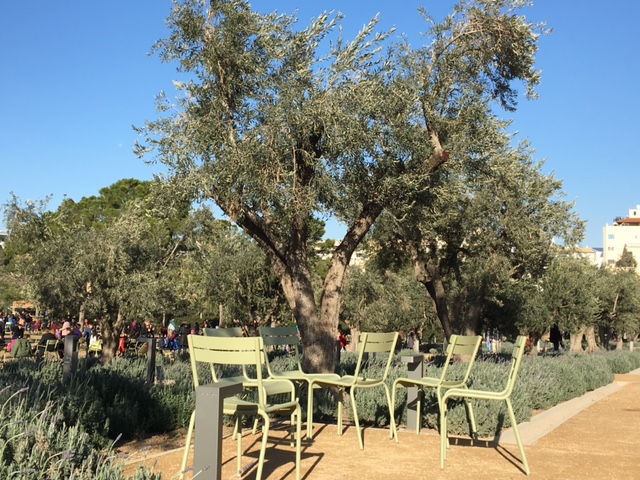Every year at the same time, the Alcyonides in Greece are a regular fixture… It’s those winter days that feel like spring! It’s the name given to the summer days (sunshine with calm or light winds) in the heart of winter, which we’re actually looking forward to these days. In late January, early February, the temperature rises, the sky is blue… a strange phenomenon that originates, as it often does, in Greek mythology.
It’s also a great time to discover Greece in winter.
Alcyonides in Greece: a history of mythology!
Alcyone is the woman who gave her name to the Alcyonian days… Alcyone was the daughter of Enareti and Aeolus, the god of the winds. She was a beautiful young woman. She had married Ceyx, the king of Trahide, friend and relative ofHeracles and nephew of Amphiryon.
Identity theft
The young couple lived by the sea and were so happy they thought they were immortal, like the gods of Olympus. So they took to calling each other Zeus and Herainstead of Alcyone and Ceyx. What’s more, they also asked the locals to call them by their nicknames.
When Zeus realized they were usurping his and Hera’s name, he decided to take revenge.
Zeus’ revenge
One day, Ceyx took his little boat and went fishing. Zeus then caused a great storm and hurled lightning at the little boat. The young man jumped into the water, battled the big waves, but couldn’t save himself. When Alcyone saw the remains of the boat floating in the sea, she mourned the loss of her beloved husband.

Mercy and transformation
Zeus finally took pity on them and decided to turn them into birds. Ceyx was transformed into a seabird, and Alcyone into a beautiful little bird with azure plumage. The bird took its name from the Greek Alcyon (in French, martin pêcheur).
A little sweetness…
The bird continued to live by the sea, but was unable to reproduce. As he laid his eggs in winter, the waves of the sea washed his nest away. Zeus wanted to help the little bird and decided to change the weather conditions. He designated a few days of the year when the temperature would be higher and the rains would stop, to let the Alcyon lay its eggs.
What are the Alcyonides in Greece today?
Winter truce for kingfishers
The ancient Greeks called these sunny days Alcyonides/Alkyonides . Democritus, Aristophanes and Aristotle all mention it in their writings. Even today, this meteorological phenomenon enables kingfishers to lay their eggs in the dead of winter. It is also said that when the male bird grows old and can no longer fly, the female carries him on her shoulders, feeds him and takes care of him until he dies.
Happy days
In the figurative sense, the Alcyonides in Greece also mean “happy days in a difficult and unpleasant context”. The poet Georges Drossinis wrote:
...and in the midst of the hardest winters of my life, I await the days of the Alcyonides.

Weather phenomenon: warm days in the dead of winter
From a meteorological point of view, Alcyonides are a phenomenon that occurs during the winter in southern Italy and continental and insular Greece. In fact, statistically, there is a period of thaw almost every year a period of thaw. During these few days, the wind is gentle and the temperature varies between 15 and 20 degrees.
Article written by Mania F.
Discover other mythology stories in our Mythology section
